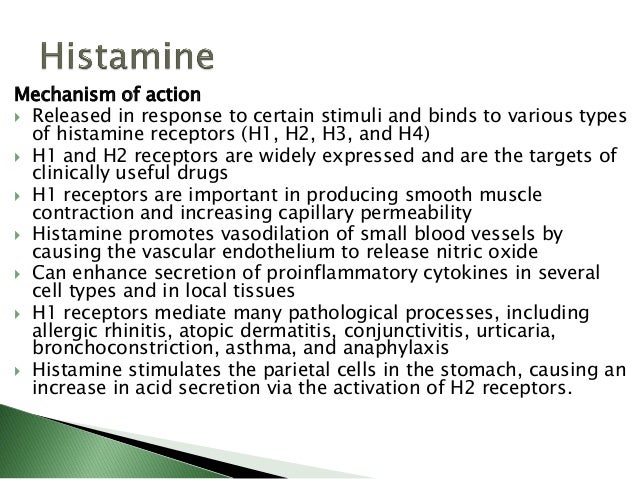Drugs Causing Pathological Gambling
Abilify Linked to Compulsive Gambling. According to the FDA’s announcement, pathological gambling was the most common impulse behavior connected to Abilify. The agency reported about 184 cases of impulsive behaviors associated with the drug in the FDA Adverse Event Reporting System (FAERS) since its approval in 2002 through January 2016. Common Antipsychotic Linked to Compulsive Gambling 2016-01-19 06:16:46 Aripiprazole (Abilify) is a second-generation antipsychotic indicated for the treatment of schizophrenia and bipolar disorder, as well as agitation associated with either of those conditions. These agents have been shown to reduce gambling urges and gambling behaviors, such as time and amount of money spent on gambling, as measured by the Yale-Brown Obsessive Compulsive Scale Modified for Pathological Gambling (PG-YBOCS), when compared with placebo (6-8). A gambling severity measure derived from the Yale-Brown Obsessive Compulsive Scale. It sums gambling urges and thoughts questions to make a total score. Total scores range from 0 to 40, which higher scores indicating more severe gambling symptoms (worse outcome).Administered every week for the first 8 weeks and every other week for the.
Compulsive gambling is being unable to resist impulses to gamble. This can lead to severe money problems, job loss, crime or fraud, and damage to family relationships.
Compulsive gambling most often begins in early adolescence in men, and between ages 20 and 40 in women.
People with compulsive gambling have a hard time resisting or controlling the impulse to gamble. The brain is reacting to this impulse in the same manner it reacts to a person addicted to alcohol or drugs. Although it shares features of obsessive compulsive disorder, compulsive gambling is likely a different condition.

In people who develop compulsive gambling, occasional gambling leads to a gambling habit. Stressful situations can worsen gambling problems.
People with compulsive gambling often feel ashamed and try to avoid letting other people know about their problem. The American Psychiatric Association defines pathological gambling as having 5 or more of the following symptoms:
Pathological Gambling Dsm

- Committing crimes to get money to gamble.
- Feeling restless or irritable when trying to cut back or quit gambling.
- Gambling to escape problems or feelings of sadness or anxiety.
- Gambling larger amounts of money to try to make back past losses.
- Losing a job, relationship, education, or career opportunity due to gambling.
- Lying about the amount of time or money spent gambling.
- Making many unsuccessful attempts to cut back or quit gambling.
- Needing to borrow money due to gambling losses.
- Needing to gamble larger amounts of money in order to feel excitement.
- Spending a lot of time thinking about gambling, such as remembering past experiences or ways to get more money with which to gamble.
A psychiatric evaluation and history can be used to diagnose pathological gambling. Screening tools such as the Gamblers Anonymous 20 Questions www.gamblersanonymous.org/ga/content/20-questions can help with the diagnosis.
Treatment for people with compulsive gambling begins with recognizing the problem. Compulsive gamblers often deny they have a problem or need treatment.
Most people with pathological gambling only get treated when other people pressure them.
Treatment options include:
- Cognitive behavioral therapy (CBT).
- Self-help support groups, such as Gamblers Anonymous. Gamblers Anonymous www.gamblersanonymous.org/ is a 12-step program similar to Alcoholics Anonymous. Practices used to treat other types of addiction, such as substance use and alcohol use, can also be helpful in treating pathological gambling.
- A few studies have been done on medicines for treating compulsive gambling. Early results suggest that antidepressants and opioid antagonists (naltrexone) may help treat the symptoms of pathological gambling. However, it is not yet clear which people will respond to medicines.
Like alcohol or drug addiction, pathological gambling is a long-term disorder that tends to get worse without treatment. Even with treatment, it's common to start gambling again (relapse). However, people with pathological gambling can do very well with the right treatment.
Complications may include:
- Alcohol and drug use problems
- Anxiety
- Depression
- Financial, social, and legal problems (including bankruptcy, divorce, job loss, time in prison)
- Heart attacks (from the stress and excitement of gambling)
- Suicide attempts
Getting the right treatment can help prevent many of these problems.
What Causes Compulsive Gambling
Call your health care provider or mental health professional if you believe you have symptoms of pathological gambling.
Exposure to gambling may increase the risk of developing pathological gambling. Limiting exposure may be helpful for people who are at risk. Intervention at the earliest signs of pathological gambling may prevent the disorder from getting worse.
Drugs Causing Pathological Gambling Addiction
Gambling - compulsive; Pathological gambling; Addictive gambling
American Psychiatric Association website. Non-substance-related disorders. In: American Psychiatric Association. Diagnostic and Statistical Manual of Mental Disorders. 5th ed. Arlington, VA: American Psychiatric Publishing. 2013:585-589.
Balodis IM, Potenza MN. The biology and treatment of gambling disorder. In: Johnson BA, ed. Addiction Medicine: Science and Practice. 2nd ed. Philadelphia, PA: Elsevier; 2020:chap 33.
Drugs Causing Pathological Gambling Disorder
Weissman AR, Gould CM, Sanders KM. Impulse-control disorders. In: Stern TA, Fava M, Wilens TE, Rosenbaum JF, eds. Massachusetts General Hospital Comprehensive Clinical Psychiatry. 2nd ed. Philadelphia, PA: Elsevier; 2016:chap 23.
Pathological Gambling Statistics
Updated by: Fred K. Berger, MD, addiction and forensic psychiatrist, Scripps Memorial Hospital, La Jolla, CA. Also reviewed by David Zieve, MD, MHA, Medical Director, Brenda Conaway, Editorial Director, and the A.D.A.M. Editorial team.